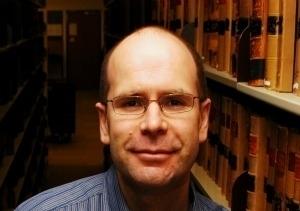Referendums lack friendly persuasion
Unless the referendum to recognise Indigenous people in the constitution has broad public support to succeed, it will join a long list of failed attempts to change Australia's constitution, writes George Williams.

